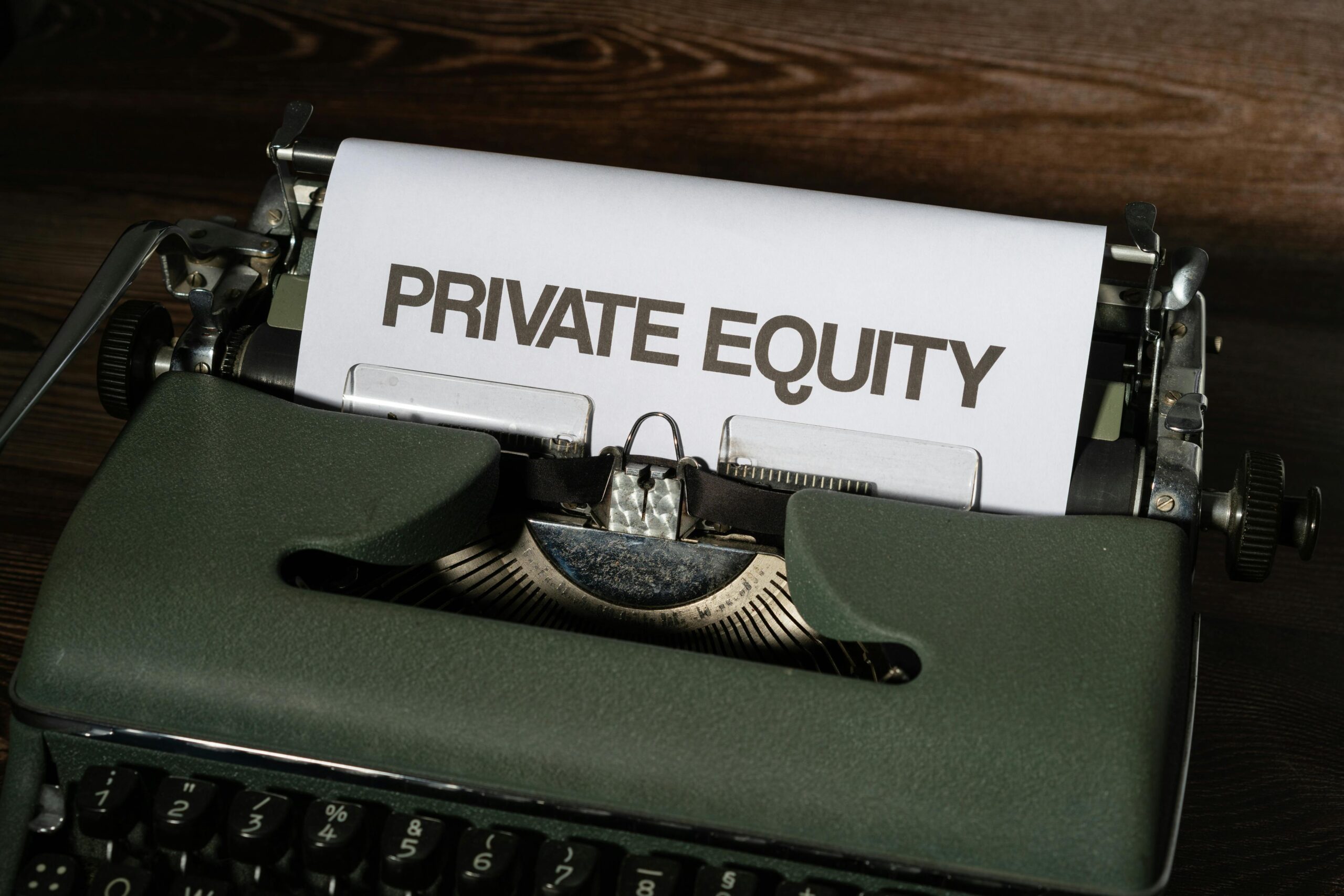Editor's note: The markets and our offices are closed on March 29 for Good Friday. Because of this, we won't publish Altimetry Daily Authority. Please look for your next edition on Monday, April 1.
 Private-equity ('PE') firms are in a panic...
Private-equity ('PE') firms are in a panic...
And it's not because they can't keep piling up debt just to reward their investors with dividends.
It's because their business model is breaking.
Normally, these firms raise money from investors and put that cash into "funds." Those funds then go out and buy companies with debt... and spend five to seven years fixing their businesses up.
The PE firm then sells those companies for a higher price – either to the public markets, to a larger industry player, or even to another PE firm.
Of course, PE investors know they can't expect a payday overnight. The fundraising process alone can take up to a few years... And again, it can take up to seven years to improve these debt-laden companies' businesses.
When PE firms eventually do that, and then sell those businesses for a profit, that's when they return cash back to investors... who then happily reinvest it in a new fund.
It's a pretty simple business model – yet it's completely falling apart today.
As we'll explain, PE firms have their backs against the wall. They're being squeezed by their investors and potential buyers. And sooner or later, they'll have to accept the inevitable.
 Investors in PE funds are getting restless...
Investors in PE funds are getting restless...
Worldwide, PE firms are sitting on a record 28,000 unsold companies, worth more than $3 trillion combined.
They simply can't find buyers for their assets, which means it's going to take longer for investors to get their money back.
Ultimately, there's just far less demand for these kinds of companies...
PE-backed IPOs have flopped in recent months. And other companies – such as larger industry players and serial acquirers – aren't willing to buy. Most of them need debt financing to close the deals. And with interest rates still so high, they're waiting for a better price... which they may get.
The combined value of PE-backed companies that were sold either privately or publicly in 2023 fell 44% from the year prior – reaching the lowest level in a decade.
One of the most popular moves of the past several years has been to sell a portfolio company to another PE fund. Yet, even that approach has failed to work. The value of companies sold to other PE firms fell 47% last year due to differing opinions about how much the assets were worth.
And keep in mind, these PE-backed companies aren't in the starting stages of their life... More than 40% of the companies waiting to be sold are at least four years old. That means PE firms should be selling soon.
 Nobody's budging, and everybody's getting antsy...
Nobody's budging, and everybody's getting antsy...
Investors want their money back. They won't put any more cash to work unless they get paid back for older funds.
PE firms want to unload their companies. That's the only way they can start fundraising for the next round of investment vehicles... and pay their investors back for previous ones.
Potential buyers want better deals – especially if they're going to be buying companies that still have debt.
Something's going to have to give. And in all likelihood, the PE firms will be the ones to crack.
That means PE firms will have to start selling their holdings at discounts... perhaps even for losses.
This will hurt in the short term. It's going to cause investors to panic. And it might even put some PE firms out of business. However, it'll also help break up the current logjam.
And savvy investors on the other side of those transactions are bound to get some great bargains.
Regards,
Joel Litman
March 28, 2024
P.S. Private equity isn't the only industry to be weighed down by high interest rates and increasingly wary investors. The same exact thing is happening in the public markets... specifically with small-cap biotech stocks.
Many biotechs are struggling to keep cash coming in. And investors are treating them like they'll go out of business any day. Some might... but many won't.
My team and I just put together a portfolio of our top five biotech stocks trading at steep discounts, even though they have promising drugs... strong corporate backing... and plenty of cash. Plus, we shared a "Watch List" of eight candidates that could be buys soon.
We don't expect this opportunity to last long... because frankly, it shouldn't exist in the first place. To learn why – and find out how to access our latest recommendations – click here.



 Private-equity ('PE') firms are in a panic...
Private-equity ('PE') firms are in a panic...

